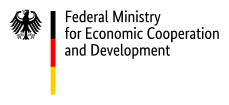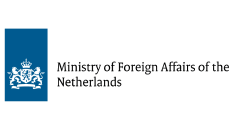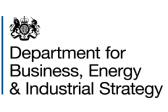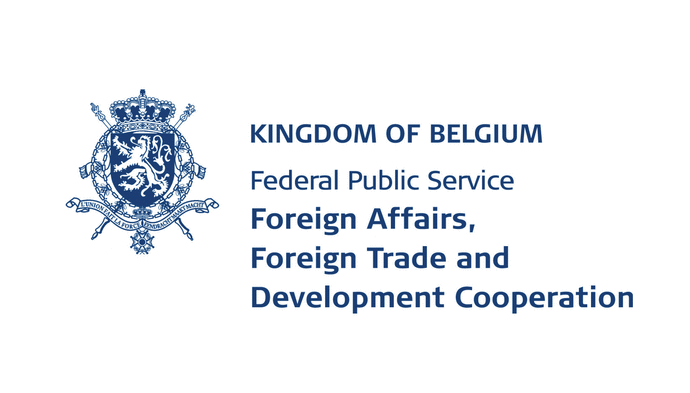Indonesia Prioritizes Climate in Role as President of the G20

Indonesia holds the presidency of the G20 in 2022 and, in that position, is steering the group toward prioritizing climate action. Doing so is a significant and potentially very impactful decision because climate issues will be incorporated into the G20’s forthcoming communique and thus expressed as formal commitments by all the nations in the G20 to further prioritize climate change and increase climate ambitions.
Under Indonesia’s presidency, the Climate Sustainability Working Group (CSWG), which was initially formed in 2017, has been able to get buy-in from all 20 member countries to send a strong signal to the world that G20 countries are committed to climate action. With Partnership support, coordinated by the Global Green Growth Institute (GGGI), and with direct inputs from UNICEF, UNDP, GIZ and UNESCAP , the CSWG has developed six comprehensive studies that analyze a variety of climate-related topics in the lens of G20 nations’ experience and present the findings and recommendations on how G20 countries can better cooperate. The studies were carried out on the following topics: innovative financing frameworks, sustainable recovery, the role of mitigation adaptation co-benefits in climate resilience, ocean-based solutions to climate change and accelerating Nationally Determined Contribution (NDC) implementation through utilizing the economic value of carbon.
The studies have been approved by all G20 member countries to be considered as joint studies, meaning that they are not only Indonesia-owned studies for its presidency but are also officially owned by all the G20 countries to be worked into the language of the communique and thus formally endorsed to be potentially incorporated into policies. Countries may use the findings of the studies to design policy frameworks to achieve carbon neutrality and strengthen global efforts to realize the goals of the Paris Agreement. The six studies have been completed and were formally launched in Jakarta by the CSWG on 23 September 2022.
Through one of the studies, the CSWG has identified climate finance as a priority issue, including enhancing resource mobilization to support environmental protection and climate objectives. The study found that there is a close correlation between inequality, vulnerability and climate urgency and that, thus far, climate financing in developing countries has come almost entirely in the form of loans, along with some public grants and multilateral development bank funds.
In addition to the final studies being incorporated into the G20 communique, the findings will inform the NDC Partnership’s collaboration with Indonesia in the future, especially as they relate to NDC and long-term strategy (LTS) implementation. The Partnership has already positively responded to Indonesia’s request for support in NDC implementation through the strengthening of MRV tools, green budgeting at national and subnational levels and an LTS for access to financial resources and technology transfer. Additionally, the Partnership will also be supporting the implementation of Indonesia’s Long-term Strategy for Low Carbon Development and the investments in ocean ecosystems for mitigation and adaptation.










